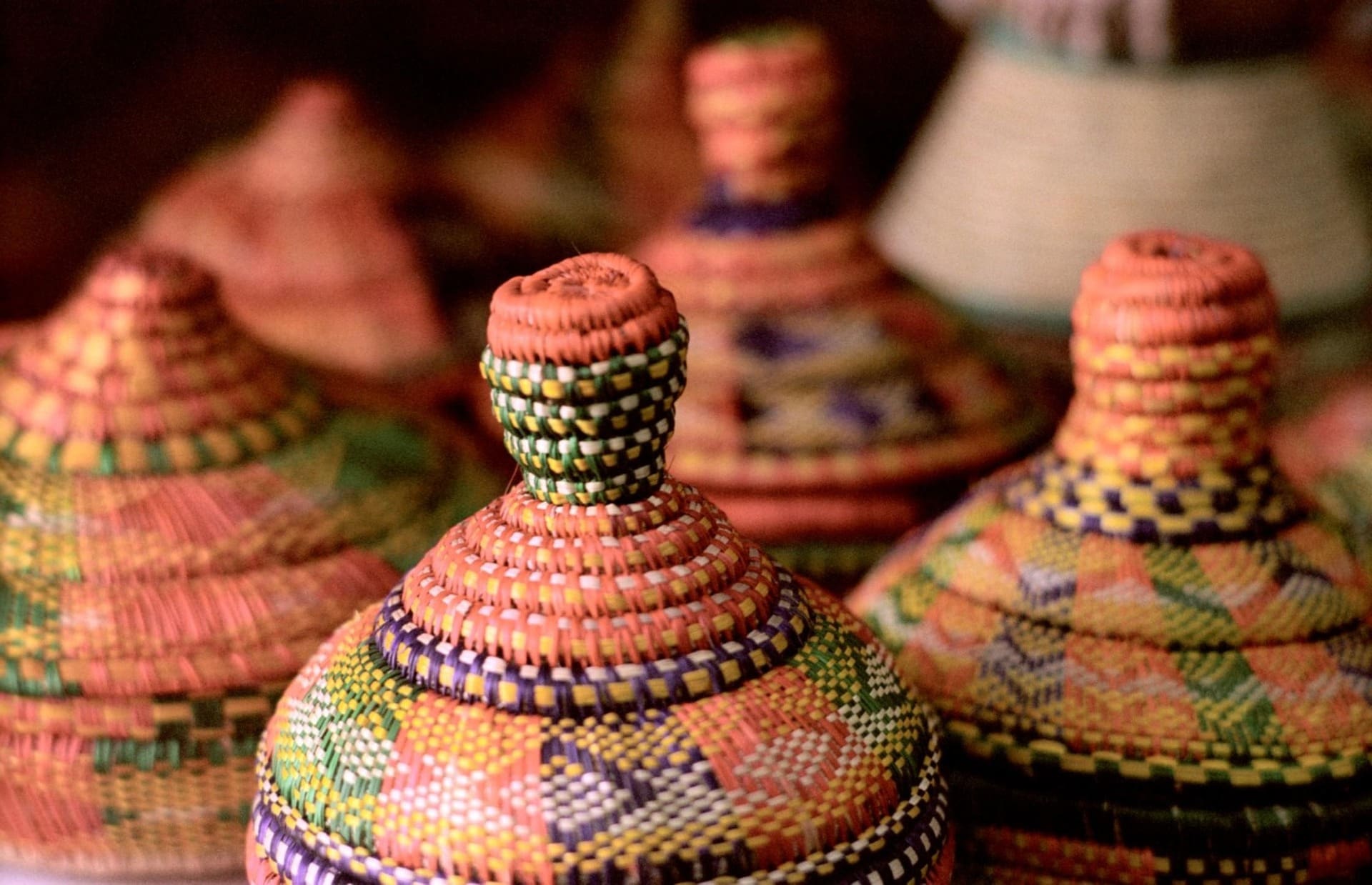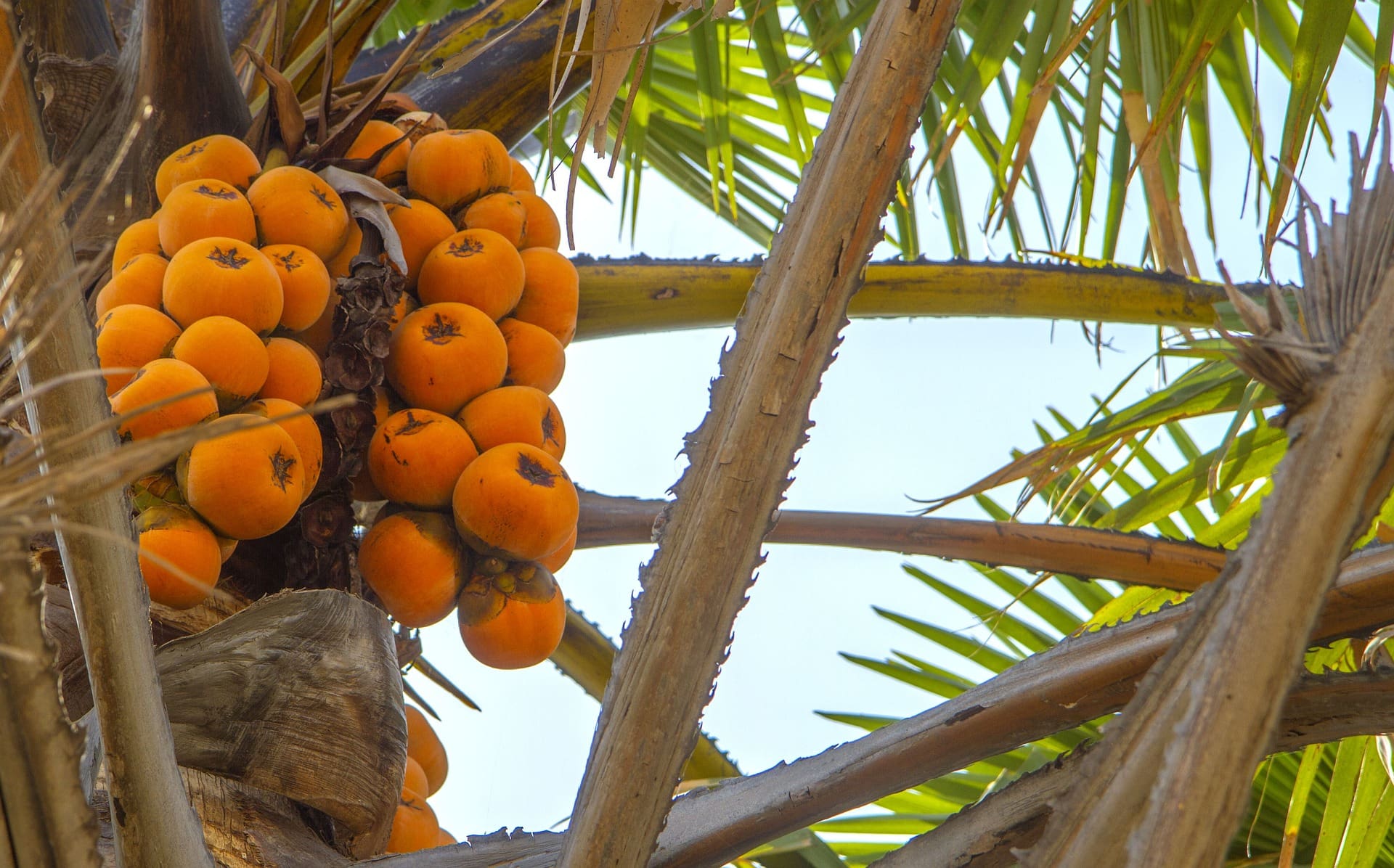Nigeria
afrobeats, nollywood, oil-rich, bustling, resilient
About Nigeria
Culture and Religion
Where to go
How to get there
Visa Requirements
Travelling Budget
About Nigeria
Located in West Africa, Nigeria is the most populous country on the African continent and one of the biggest economies in Africa. It gained independence from British colonial rule in 1960, marking a significant milestone in African history.
Nigeria is culturally diverse, with over 250 ethnic groups and over 500 languages spoken. This diversity is also reflected in its vibrant art, music, and literature scene, with Nigerian musicians and authors gaining global recognition.
The country is known for its rich oil reserves, which make up a major part of its economy. However, Nigeria faces challenges in managing its oil wealth and ensuring equitable distribution of resources.
Nollywood, Nigeria’s film industry, is the second-largest in the world in terms of movie production, after India’s Bollywood. Nollywood films are known for their unique storytelling style and have gained popularity not only within Africa but also internationally.
Nigerians are known for their entrepreneurial spirit, with many thriving businesses and startups operating in diverse sectors. The country’s business landscape offers opportunities for investment and growth.
Nigeria has a complex social and political landscape, grappling with issues such as corruption, poverty, and security challenges. Despite these challenges, Nigeria has shown resilience and progress in various areas, including improvements in education and healthcare.
In recent years, Nigeria has made efforts towards diversifying its economy and reducing its dependency on oil, with sectors like agriculture, manufacturing, and technology gaining attention and investment.
Overall, Nigeria is a dynamic and evolving nation, with immense potential for growth and development. Its diverse culture, vibrant entertainment industry, and entrepreneurial spirit contribute to its unique identity in the global community.
Culture and Religion
Nigeria is a country with a rich and diverse cultural heritage, shaped by the many ethnic groups that reside within its borders. With over 250 ethnic groups, each with its unique customs, traditions, languages, and festivals, Nigeria boasts a vibrant tapestry of cultures.
Traditional Nigerian culture is deeply rooted in the customs and traditions of these ethnic groups. Art, music, dance, and folklore form an integral part of Nigerian cultural expression. Traditional ceremonies such as weddings, naming ceremonies, and coming-of-age rituals are celebrated with great pomp and pageantry.
Religion is also a significant aspect of Nigerian culture, with Islam and Christianity being the major religions practiced in the country. There are also indigenous African traditional religions that are followed by a small percentage of the population. The practice of religion often influences various aspects of Nigerian life, including social interactions, politics, and even fashion.
Nigeria is referred to as the “Giant of Africa” not only because of its large population but also because of its influence on the African continent. It is home to Nollywood, the second-largest film industry globally, which produces a vast number of movies with themes ranging from love and comedy to social issues and spirituality.
Nigerian music, particularly Afrobeats, has gained international recognition and is known for its unique blend of traditional rhythms with modern influences. Popular Nigerian musicians like Fela Kuti, Burna Boy, and Wizkid have achieved global success, contributing to the spread of Nigerian culture worldwide.
Food is another important aspect of Nigerian culture. Nigerian cuisine is diverse and incorporates various spices, herbs, and flavors. Staple foods such as jollof rice, pounded yam, and egusi soup are commonly enjoyed across the country.
In summary, the cultural landscape of Nigeria is characterized by its ethnic diversity, traditional customs, vibrant music and film industries, religious practices, and culinary delights. It is this fusion of heritage, traditions, and modern influences that makes Nigerian culture unique and captivating.
Where to go

Lagos
Nigeria’s vibrant and bustling commercial capital, Lagos offers a mix of modernity and culture. Explore the vibrant markets like Balogun and visit iconic landmarks such as the National Museum, Lekki Conservation Centre, and the bustling beaches of Tarkwa Bay or Elegushi.

Abuja
Nigeria’s capital city, Abuja, is known for its modern architecture and well-planned layout. Visit the Nigerian National Mosque, Aso Rock, and the impressive Nigerian National Christian Centre. Take a stroll through Millennium Park or explore the bustling arts and crafts market at the Abuja Arts and Crafts Village.

Olumo Rock
Located in Abeokuta, Olumo Rock is a natural wonder and historical site. Climb to the top for panoramic views of the city and learn about its significance in the history of the Egba people. Explore the caves and tunnels carved into the rock and visit the nearby Adire market for traditional African textiles.

Yankari National Park
Located in Bauchi State, Yankari National Park is Nigeria’s premier wildlife reserve. It is home to a wide range of wildlife, including elephants, lions, baboons, and many species of birds. Enjoy game drives, nature walks, and relax in the natural warm springs of the Wikki Camp.
Note: These are just a few highlights of Nigeria’s diverse attractions. The country offers a wide range of experiences, from vibrant cities to stunning natural landscapes and rich cultural heritage. Exploring Nigeria will surely unveil many more hidden gems and memorable experiences.
How to get there
Getting to Nigeria is relatively straightforward, as the country is well connected to the rest of the world through air travel. The most common way to reach Nigeria is by flying into one of the international airports located in major cities like Lagos, Abuja, or Kano.
Numerous international airlines operate flights to Nigeria, offering direct or connecting flights from various destinations. It is recommended to book your tickets in advance to secure the best fares and ensure availability.
Before traveling, it’s important to check the entry requirements for Nigeria, including visa requirements and any specific documentation that may be needed. Visas can typically be obtained in advance from a Nigerian embassy or consulate in your home country.
Nigeria has several major airports, including Murtala Muhammed International Airport in Lagos and Nnamdi Azikiwe International Airport in Abuja. These airports receive flights from major cities around the world and serve as primary entry points for international travelers.
Once you arrive in Nigeria, there are several transportation options available to explore the country further. Domestic flights can take you to different regions within Nigeria, making it easier to travel long distances. Trains, buses, and private car rentals are also available for getting around within the country.
When planning your trip to Nigeria, it’s advisable to consider the local weather conditions and any specific safety or health advisories. Familiarize yourself with the local customs and cultural norms to ensure a smooth and enjoyable experience.
In summary, reaching Nigeria is primarily done by air travel, with international flights connecting major cities in Nigeria to destinations around the world. Make sure to check visa requirements, book tickets in advance, and plan your local transportation options to have a seamless journey to Nigeria.
Visa Requirements
To visit Nigeria, most foreign nationals require a visa. Here are some key points regarding visa requirements for Nigeria:
1. Visa Types: Nigeria offers various types of visas, including tourist visas, business visas, work visas, student visas, and diplomatic visas. The type of visa you need will depend on the purpose of your visit.
2. Application Process: To apply for a Nigerian visa, you usually need to submit an application form along with supporting documents such as a passport with a minimum of six months validity, a passport-sized photograph, proof of accommodation or invitation letter, and proof of sufficient funds for your stay.
3. Visa Application Centers: Nigerian visas can be obtained through Nigerian embassies, consulates, or visa application centers located in your home country. It is advisable to check the specific requirements and procedures on the website of the relevant Nigerian diplomatic mission.
4. Invitation Letter: For certain visa types, such as a business visa, you may require an invitation letter from a Nigerian company or organization. This letter should state the purpose of your visit, duration of stay, and the entity inviting you.
5. Visa Fees: Visa fees vary depending on the type and duration of the visa. The fee must be paid at the time of application and is usually non-refundable, even if the visa is not granted.
6. Processing Time: The processing time for Nigerian visas can vary, so it is advisable to apply well in advance of your planned travel dates.
It is important to note that visa requirements and processes can change, so it is recommended to check with the Nigerian embassy or consulate in your country or visit the official website of the Nigerian Immigration Service for the most up-to-date information before applying for a visa to Nigeria.


Travelling Budget
The cost of traveling to Nigeria can vary depending on various factors such as the duration of stay, accommodation choices, dining preferences, transportation options, and activities planned. Here are some key components to consider when estimating your travel budget to Nigeria:
1. Flights: The cost of flights to Nigeria will depend on your departure location, the time of year, and how far in advance you book your tickets. It is advisable to compare prices from different airlines and use flight comparison websites to find the best deals.
2. Accommodation: Nigeria offers a range of accommodation options, from budget guesthouses and mid-range hotels to luxury resorts. The costs will vary depending on the location and level of comfort you prefer. Larger cities like Lagos and Abuja generally have higher accommodation prices compared to smaller towns or rural areas.
3. Food and Drink: The cost of meals in Nigeria can vary depending on where you choose to eat. Street food and local establishments can offer more affordable options, while upscale restaurants and international cuisine will be relatively more expensive.
4. Transportation: Getting around Nigeria can involve a combination of public transport options such as buses, taxis, and motorcycle taxis (okadas). The costs will depend on the distance traveled and the mode of transportation chosen. It is advisable to negotiate or agree on fares before boarding a taxi or okada.
5. Sightseeing and Activities: Nigeria has a range of attractions, including national parks, museums, cultural sites, and vibrant markets. Entrance fees, guided tours, and optional activities should be factored into your budget.
6. Exchange Rates and Currency: The local currency in Nigeria is the Nigerian Naira (NGN). It is advisable to check the current exchange rates and be aware of any additional fees or charges for currency exchange.
It is difficult to provide an exact budget, as individual spending habits and preferences can vary. However, for a moderate budget, estimating around $50-$100 per day for accommodation, food, transportation, and basic activities should provide a rough guideline. It is always good practice to account for some extra money for unexpected expenses or emergencies.
Remember to research current prices, consult travel forums or blogs, and consider your personal needs and preferences while planning your travel budget to Nigeria.
What makes your journey easier
Everything you need to know about what to bring to make your travels easier, more safe and fun
Be Mindfull
Gadgets
Gear
Insurance
Visa

























